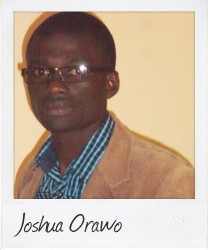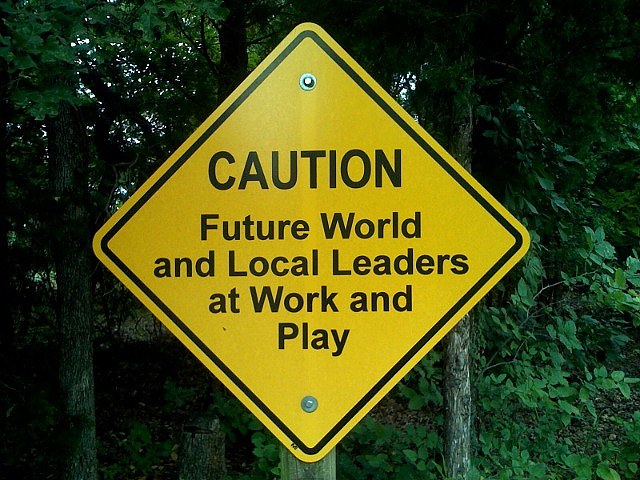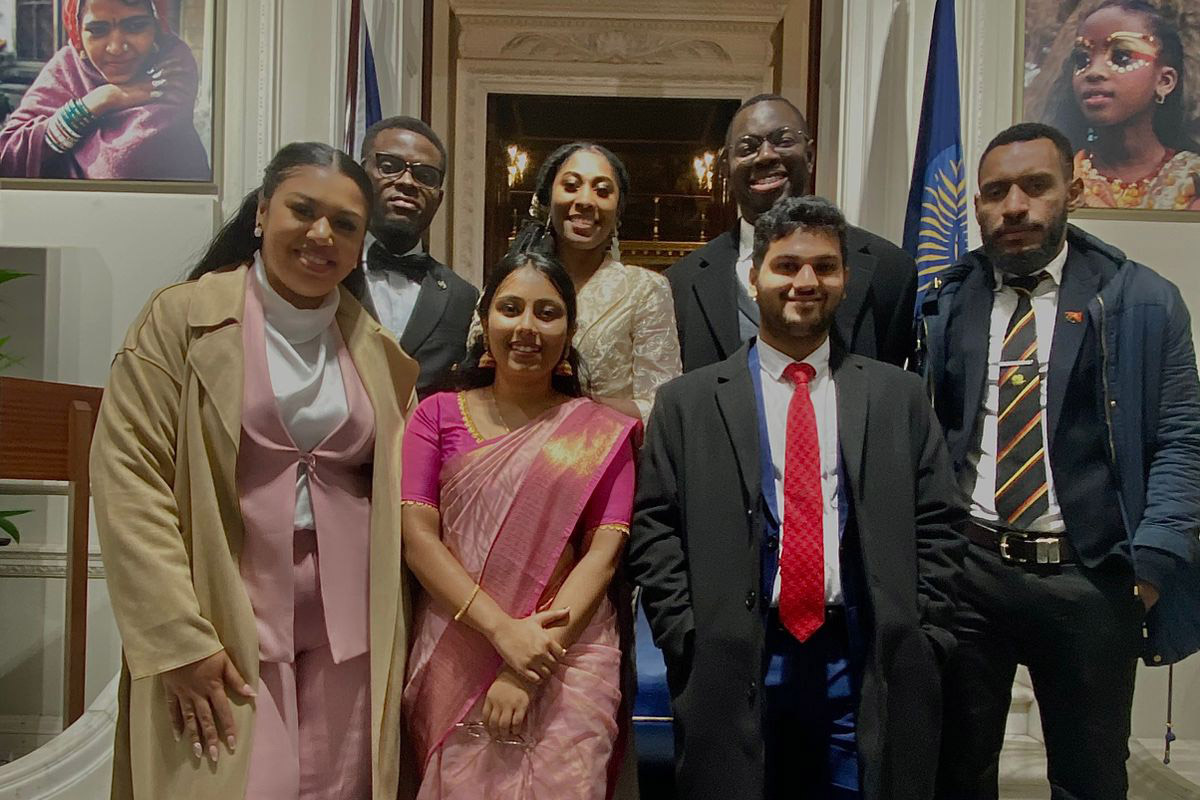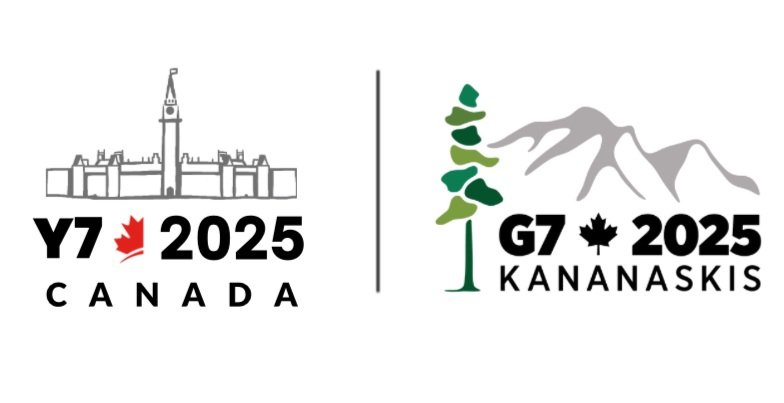"The promise of 2015 – a sanctioned role for youth…"
January 22 Sustainable Development Goals give the world’s youth new roles in 2015, says Joshua Orawo, 24, a Commonwealth Correspondent from Kenya, who challenges youth to be ready for the opportunity.
Sustainable Development Goals give the world’s youth new roles in 2015, says Joshua Orawo, 24, a Commonwealth Correspondent from Kenya, who challenges youth to be ready for the opportunity.
As the world marked the end of 2014, as it has always been at the end of every year and beginning of another, we, the world’s citizens, were thrown into a celebratory mode.
People ushered in the New Year in various ways; some dancing away the old year in night clubs and pubs while others awaited the arrival of the year in places of worship. Still others held house-parties to mark the coming of 2015. These celebrations at the eve of a new year are indicative of, inter alia, a batch that is optimistic about the year in question. That is the case with the year 2015 for most people throughout the world.
The year has a lot of promise for the youth of the world in a number of respects, but the youth must be keen to tap into the promise lest it gets wasted one more time, like many such prospects have been thrown to the wind in the past. Why is 2015 special to the world youth? A significant phenomenon is that the year marks the end or expiry of the United Nations’ Millennium Development Goals (MDGs), which prominently ignored the youth in its agenda. But more importantly and related to the previous point is that 2015 ushers in the Post-2015 Development Agenda or Sustainable Development Goals (SDGs), which is the world’s first-ever development-based framework that specifically outlines youth as a major element of that development.
But did the MDGs framework ignore the youth in its development agenda? Yes, it did. Any development agenda focusing on the youth must not be left to insinuation; it must exclusively outline its purpose as being youth-focused.
At the 2010 High Level Plenary Meeting of the UN General Assembly to review the progress towards the MDGs, governments called for – among other things – thinking about ways to advance the development agenda beyond 2015. Three years later, in 2013, there was released a report setting out a universal agenda to eradicate extreme poverty from the face of the earth by 2030 and to deliver on the promise of sustainable development. The report called for the Post-2015 Development Agenda to drive five big transformative shifts. The third shift, which is most significant to the world youth, proposes transformed economies for jobs and inclusive growth. Such is growth that does not leave behind the youth of the world. More diversified economies, with equal opportunities for all, can drive social inclusion, especially for young people.
During the year 2015 therefore, the world youth must groom themselves in readiness for the youth-focused development goal. Some of the ways to prepare for the same in my view involve working on the employability of the youth. The youth, especially the many unemployed young citizens of the world, have a chance to boost their employability ahead of the commencement of the Post-2015 Development Agenda. Governments and other organizations are required to open avenues that will favour the implementation of this transformative shift but even then, the youth will be expected to demonstrate readiness to take up the said jobs and to perform with efficiency.
The other opening for the world youth ahead of the SDGs is the opportunity to partner with governments and the United Nations in the creation of employment for fellow youth and the rest of the world’s population. This is a sure way of addressing the unemployment of both the prospective ‘youth employers’ and their employees, but calls for utmost creativity and innovation.
photo credit: Wesley Fryer via photopin cc
…………………………………………………………………………………………………………………
About me: A community-mobilizer, youth activist and laws graduate, I am the Executive Director of Intreach Community, a civil society organisation involved in philanthropy for impoverished children and other under-served societal groups. I work towards all inclusive political leadership, where the youth, women and children can voice their concerns without fear and where equality and mutual respect thrive; and a society where fundamental human rights are revered.
…………………………………………………………………………………………………………………
Opinions expressed in this article are those of the author and do not necessarily represent the views of the Commonwealth Youth Programme. Articles are published in a spirit of dialogue, respect and understanding. If you disagree, why not submit a response?
To learn more about becoming a Commonwealth Correspondent please visit: http://www.yourcommonwealth.org/submit-articles/commonwealthcorrespondents/
…………………………………………………………………………………………………………………




